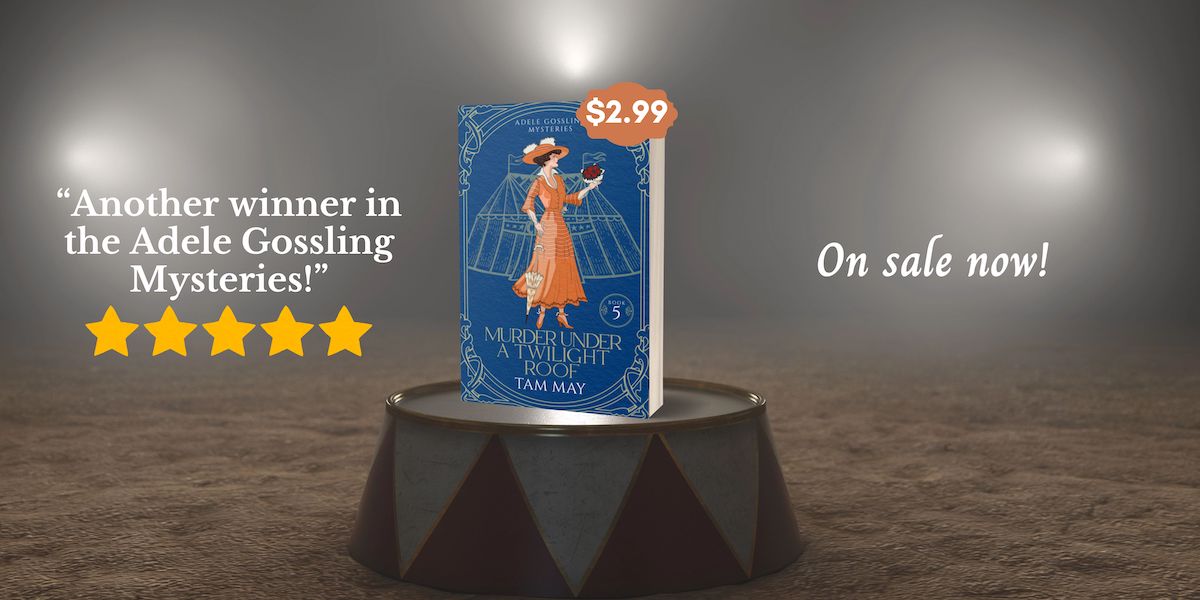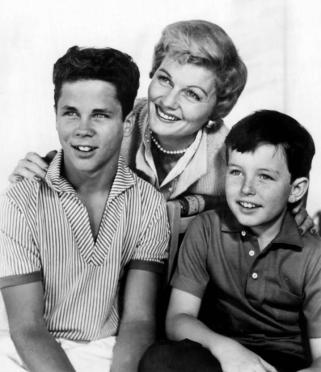
Photo Credit: Postcard of the Noon Daylight leaving San Francisco, 1949, Jim Fraiser, Los Angeles, CA: We hope/Wikimedia Commons/PD US no notice
Today, trains seem like one of those quaint, old-fashioned things we reminisce about. But if you’re a writer or reader of historical fiction (or, for that matter, a fan of classic films), trains seem as real as the SUVs and 747s of today.
There’s a romance attached to trains, and this is something I wanted to capture in my story “Soul Destinations,” which is part of the collection in my new book, Lessons From My Mother’s Life. The story takes place in the mid-1950s, when more modern forms of transportation were starting to become popular (such as cars and planes). Joan, the protagonist of the story, is the old-fashioned kind, and her dreams of traveling begin with a train from Los Angeles to San Francisco. I was happy to find in my research that there was an actual train that traveled that route during this era, in fact, quite a famous one.
The train, run by the Southern Pacific, was called the Coast Daylight, or, simply, “the Daylight”. The Daylight’s first run was in 1937, and it soon rose in popularity in the 1940’s and 1950’s. The train was indeed advertised as “the most beautiful train in the world” because of the amazing California scenery that graces the route between Los Angeles and San Francisco (which, if you’ve been fortunate enough to travel the Pacific Coast Highway, you may have seen). The train ride in the mid-20th century was about 10 hours, so people had a lot of time to sit back and enjoy the coastal views and mountains rolling past their windows, to read or sleep or chat or do some soul searching. And they could do it in a luxurious style that I think hardly any train (and certainly no car or plane) can boast today. If you’re curious, here are some photos from the era of the inside of the Daylight passenger cars. They look pretty comfy to me!

Photo Credit: Southern Pacific steam locomotive at Jack London Square in Oakland, CA, May 1981, taken by Drew Jacksich: Flickr upload bot/Wikimedia Commons/CC BY 2.0
The Daylight was also pulled, for a while, by one of the most famous steam engines in America, the 4449 steam engine. It has a futuristic look to it that immediately reminds one of the old 1950s sci-fi films and TV shows (The Jetsons, anyone?) The locomotive was used to pull the American Freedom train in 1976 which traveled all over the county in what made up a moving museum, with lots of American relics on it, stopping at many cities so people could admire them. The 4449 now rests in a museum in Portland. You can see it and learn a bit more about its history here.
The Daylight isn’t only a practical means of transportation for Joan, the protagonist of “Soul Destination” but it’s also symbolic of the journey she and Gary, an aging musician, take into their own pasts that end, as most trains do, at a new destination:
“Isn’t it wonderful how you only have to travel on a railroad track to reach a new place, a new world, even?”
“It’s not enough,” he said in an almost brutal voice. “I’ve been on many train tracks to many new places and new worlds. It’s like the living body and the living soul. One without the other kills them both.”
She took a breath. “You mean your body can be in a different place, but if your soul is the same, you’ll always be back where you started?”
For both of them, the Daylight, then isn’t just a physical destination, but a psychological one as well.
The Daylight, unfortunately, went the way most trains did later in the 20th century, when both car and plane travel became more popular, efficient, and time-saving. In 1971, Amtrak took over the few remaining Daylight trains and turned them into the Coast Starlight, A 35-hour train from Seattle to Los Angeles that still runs today.
To read “Soul Destinations” and the other four stories in Lessons From My Mother’s Life, plus an author’s note and a sample chapter from The Specter, the first book of my Waxwood Series, go here.












